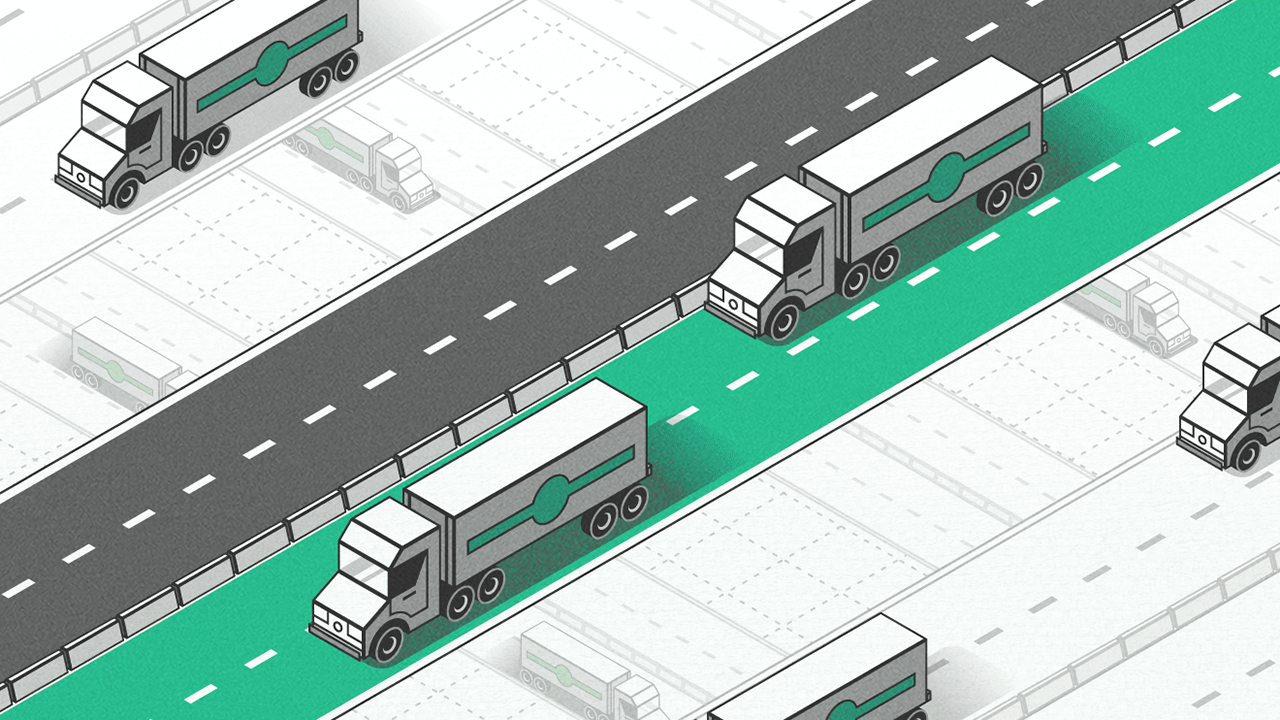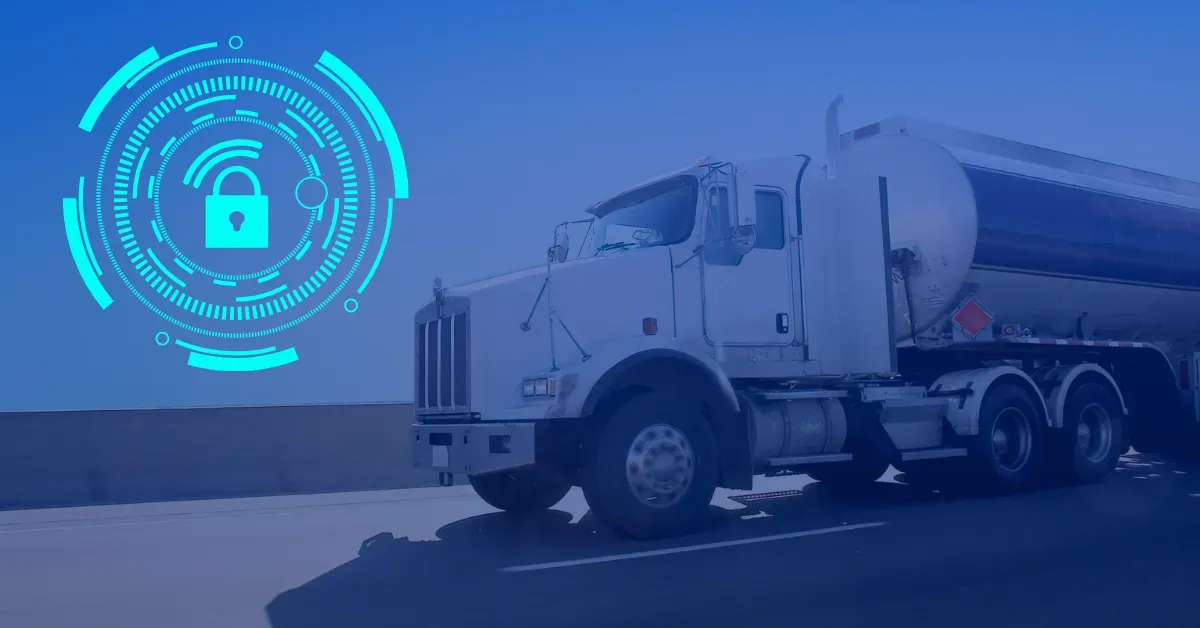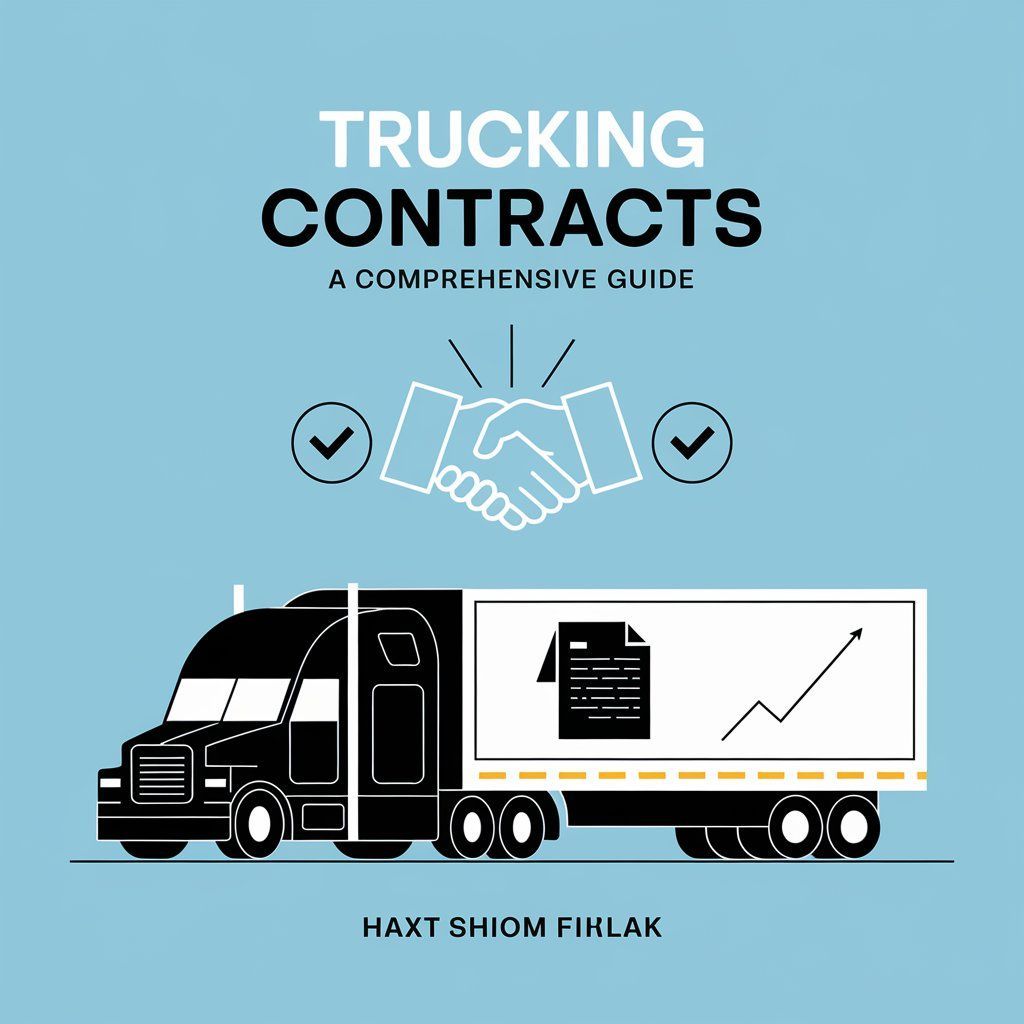What are the Differences between Private CDL vs. Paid CDL Training
Exploring Private CDL Training Options
Private CDL training involves individuals seeking their Commercial Driver's License (CDL) through independent driving schools or instructors. These programs typically offer flexible scheduling and personalized instruction tailored to the needs of each student. Examples of where people can find private CDL training include local driving schools, community colleges, and vocational institutions. These programs often provide comprehensive classroom instruction, hands-on training, and assistance with exam preparation, ensuring students are well-equipped to pass the CDL tests and enter the trucking industry confidently.
Navigating Paid CDL Training Opportunities
On the other hand, paid CDL training programs are offered by trucking companies to individuals interested in becoming professional truck drivers. These programs typically involve a contractual agreement where the company covers the cost of training in exchange for a commitment to work for them for a specified period. Paid CDL training opportunities can be found directly through trucking companies' recruitment websites or by attending job fairs and industry events where companies actively recruit new drivers.
Cost and Advantages of Paid CDL Training
When considering the cost and advantages of paid CDL training, it's important to recognize the value it offers to aspiring truck drivers. One significant advantage is the opportunity to train using the same equipment and procedures that will be used on the job. This eliminates the need for drivers to make adjustments or learn new equipment after starting their employment. Additionally, paid CDL training companies provide instruction on company policies and procedures, including breakdown and maintenance procedures, payroll processing, communication with dispatch, logbook policies, and accident and breakdown procedures. This comprehensive training ensures that drivers are not only prepared to operate a commercial vehicle safely but also understand the specific protocols and expectations of their employer.
Advantages of Private CDL Training
While paid CDL training offers numerous benefits, private CDL training also has its advantages. One of the main benefits of private CDL training is flexibility. Students can often choose their own schedule and pace of learning, allowing them to balance training with other commitments such as work or family responsibilities. Additionally, private CDL training programs may offer lower tuition costs compared to paid training programs sponsored by trucking companies. However, it's essential to consider factors such as the reputation of the training provider, the quality of instruction, and job placement assistance when selecting a private CDL training program.
Investing in the Future: Offering Paid CDL Training to New Drivers
Trucking companies can offer paid CDL training programs to prospective drivers as a means of recruiting and developing a skilled workforce. To provide CDL training in-house, companies must adhere to legal requirements set forth by regulatory bodies such as the Federal Motor Carrier Safety Administration (FMCSA). These requirements typically include ensuring that trainers are qualified, providing sufficient classroom and behind-the-wheel instruction, and offering opportunities for trainees to practice driving in various conditions. By offering paid CDL training, companies can attract individuals who may not have the financial means to pursue training independently. Additionally, investing in the development of rookie drivers can result in a loyal and skilled workforce, as trainees are more likely to commit to working for the company that sponsored their training. Furthermore, by providing comprehensive training that aligns with the company's specific operating procedures and safety protocols, companies can ensure that new drivers are well-prepared to represent the organization professionally and adhere to industry regulations from day one. Overall, offering paid CDL training is not only a legal requirement but also a strategic investment that can benefit both the company and its rookie drivers in the long run.
Both private and paid CDL training programs offer viable pathways to obtaining a Commercial Driver's License and entering the trucking industry. The choice between the two depends on individual preferences, career goals, and financial considerations. Whether opting for private training or a paid program, aspiring truck drivers should carefully research their options and choose a training pathway that best aligns with their needs and aspirations.
Acquiring a Commercial Driver's License (CDL), whether through paid or private training, involves certain costs, including tuition fees, exam fees, and licensing fees. These expenses can add up quickly, especially for individuals who may already be managing financial constraints. This is where factoring can play a crucial role. Factoring services allow trucking companies to convert their accounts receivable into immediate cash flow, providing the necessary funds to cover CDL training expenses. By leveraging factoring, aspiring truck drivers can alleviate the financial burden associated with obtaining their CDL, ensuring they have the resources needed to embark on their journey in the trucking industry. Apply today at Atlas Factoring to help expand your team and score your financial future.











Share On: